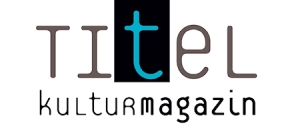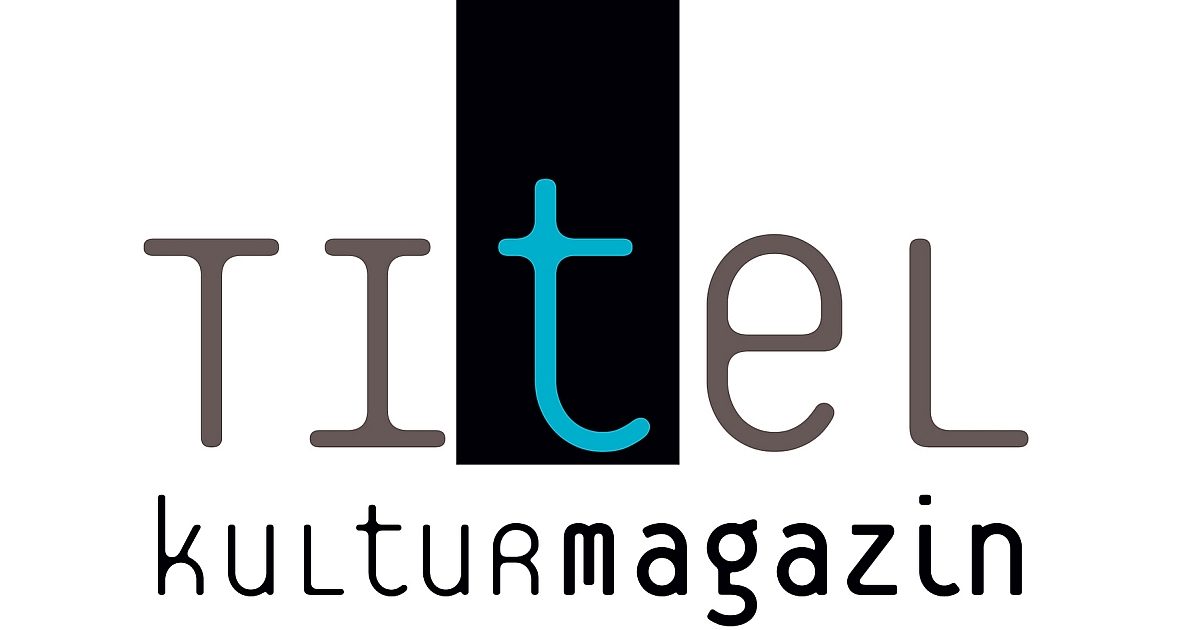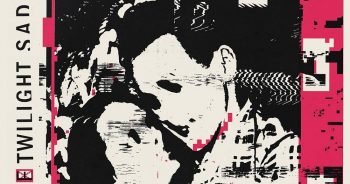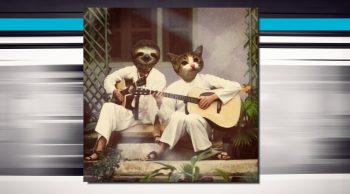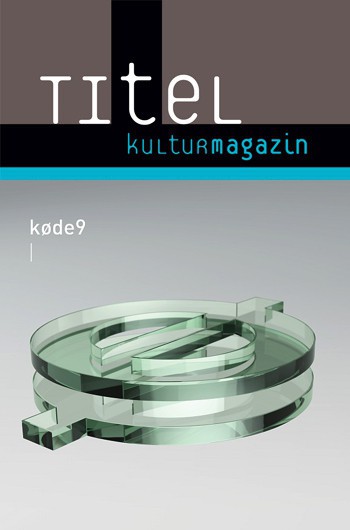Music | Bittles’ Magazine: The music column from the end of the world
There are some albums that grip you immediately, shake you by the hand, give you a winning smile and strut confidently into your life. With others it may take days, weeks, or even months before you become firm friends. A fitting example of the latter is the album Booth And The Bad Angel by Tim Booth of James and composer Angelo Badalamenti.
Using the record‘s title as their alias they released their one and only album in 1996 to widespread indifference and occasional disdain. By JOHN BITTLES
 Yet those who were willing to spend the time and effort discovered a wonderful and compelling LP that would go on to become a much-loved part of their lives. Tim’s passionate vocals work perfectly with Angelo’s spacious strings to create something spiritual and transcendent, something which has more meaning than mere pop music should.
Yet those who were willing to spend the time and effort discovered a wonderful and compelling LP that would go on to become a much-loved part of their lives. Tim’s passionate vocals work perfectly with Angelo’s spacious strings to create something spiritual and transcendent, something which has more meaning than mere pop music should.
After spending the 80s struggling for sales and recognition, the advent of baggy, and the catchiness of top10 hit Sit Down saw Tim Booth’s band James enter the public consciousness. From that point on they rode a wave of commercial success and media adoration. In 1993 the Laid album helped the group reach the pinnacle of their career. Yet, Laid’s (in many ways superior) sister LP and follow-up Wah Wah, released the following year and produced by Brian Eno, saw James enter strange and aurally thrilling electronic waters. It didn’t sit well with the increasingly lairy indie scene and was critically maligned by a lads’ mag culture unprepared for its sedate and experimental grooves.
Taking a break from the demands of being in a successful band, the time seemed right for Tim to try something different, and push himself beyond the constraints of a major label worrying about radio play and record sales. Having earlier contacted the enigmatic film composer Angelo Badalamenti about collaborating (after he fell in love with his work on Julee Cruise’s Floating Into The Night) they both found time in their busy schedules to see what strange sonic tapestries they could create.
Since his Blue Velvet soundtrack in 1986 Angelo Badalamenti had been developing a reputation as an artist of rare talent, his creative hand was much in demand. Working in partnership with David Lynch, Twin Peaks and Wild At Heart all benefited from his jazz-inflected scores. His compositions on the aforementioned Julee Cruise album meanwhile, showed how he could adapt his strange aural collages, and shape them until they sat perfectly within the realm of pop.
The collaboration was first mooted when Tim Booth appeared on a late-night Channel 4 TV show in 1992 and was asked who he would most like to work with. Unhesitatingly, he cited Angelo claiming that Floating Into The Night was “ahead of its time…sensual, ethereal and dangerous”. When the pairing was confirmed Bernard Butler from Suede was approached to mix the album and play guitar. After almost a year of solid work Booth And The Bad Angel was finally ready to face the world.
The album opens with the emotional bombast of lead single I Believe (which reached No. 25 in the UK official charts). The lyrics and chorus of “I believe someone’s watching over me” are the first introduction to the rich religious imagery which runs throughout. An early highlight, the song sees Tim in excellent voice, his smooth baritone combining majestically with a wall of swirling strings to conjure up a rich and vivid world. The song’s quest for spiritual meaning lends it a thoughtful air, and helps it become almost sublime.
The search for direction in an irrational and shallow world, together with an overtly religious theme continues throughout the album, with Tim singing “Oh my God, please take me now. I’m ready for ascension if I only knew how” in Dance Of The Bad Angels. In Hit Parade, he implores “Always bear the mark and wear the crown of thorns”, while in Old Ways we hear “My God I’m calling to you.”. This abundance of religious imagery could overwhelm some records, rendering them preachy and twee. Yet, Tim Booth sings with such ferocity and emotion that it is hard not to be touched and won over as he ponders how the individual can find meaning in a fucked-up world.
The music throughout is luxuriant and powerful, with string sections that soar and gently plucked guitars which stir the soul. Dance Of The Bad Angels for instance is a mid-paced solemn affair which instantly comes to life as soon as Angelo Badalamenti’s signature strings swoop in. Fall In Love With Me meanwhile has a swoon-inducing melody that helps create a seductive ode to the power of love. It is also one of the most romantic songs you will ever here! “Say the words. Why don’t you say the words I have been waiting long to hear. Please fall in love with me.” he urges to wonderful effect.
In contrast to the ballads that make up the majority of the record, Hit Parade, Old Ways and Heart strut out of your speakers with a stadium rock swagger. These form a counterpoint to the quieter, more contemplative songs, and help prevent the album from falling into a malaise of melancholy and sorrow. “Feel so dejected like I’ve come too soon” Mr. Booth yelps with glee on the aforementioned Old Ways, while, on Heart he screams “Heart, let me dance my disease”. More reminiscent of his day-job in James, or a Bernard Butler tune with Suede, these tunes bristle with a raw sensuality that would be corny if they weren‘t so good.
Butterfly’s Dream continues this thread with a seven and a half minute slow-burning epic, that is soft, and sultry, and should only ever be listened to when wearing too tight leather trousers. Lyrics such as »The trick is not to be so nice. If I wasn’t rich they wouldn’t look at me twice. While kissing her I want her sister. Is there no end to my desire« are a brutal dissection of male sexuality.
Life Gets Better sees Angelo join Tim on vocals for a somewhat eerie discourse on the point of it all. The song can resemble the overwrought pain of a teenager’s English GCSE essay, but, through lines such as “Only pain is deep. The rest is just an American dream” it manages to rise above this and become a heartfelt elegy to those long dark nights of the soul. A bona fide highlight, this is a strikingly powerful song, made all the more rewarding by the deep, booming classical bass and eerie guitar squelches that brim with a winning mixture of feeling and menace.
Booth And The Bad Angel can be seen as something of a transitional album for Tim Booth. Together with Laid and Wah Wah, it saw the singer at the height of his creative peak. Vocal flourishes, together with the will to experiment and envelope himself in new techniques and sounds bode well for the future, while highlighting someone longing to be invigorated by music again. That it didn’t work out was a shame! The album sold poorly, and disappeared with barely a trace.
However, the pairing did manage to create a work of staggering detail and beauty. Something that has easily stood the test of time, and manages to be as vital sounding today as it was upon its release. Not every song works, and it definitely won’t change the world, yet the album saw the duo present a heart-stoppingly romantic record that truly deserves an hour of your time. And, in the increasingly cluttered world of pop, filled with Spotify, Amazon, endless streaming, etc, that seems to be the most that any great artist can ask!
